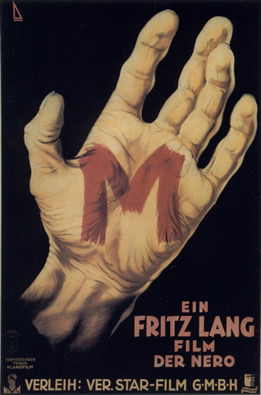Marriage: In law, a civil contract establishing the status of a man and a woman united in lawful wedlock; the relation of husband and wife. In its ethical sense, it is, in all Christian countries, a mutual compact, based on regard and affection, to live together as husband and wife, until death. Its purpose is to perpetuate the family and the race, to preserve moral and social purity, and to properly rear the young. The marriageable age is especially regulated by statute in the various States; under the common law it is 14 years in the male, and 12 in the female.
Mixed Races: The subject of mixed races is intimately connected with the study of both ethnology and atavism. It involves a consideration of the phenomena attendant upon the sexual union of individuals belonging to different varieties of the human race. Two phases of mixing of races are particularly interesting to North Americans, the result of the mixing of white and negro blood, and the amalgamation of various white races, belonging to every strata of society, from the descendants of generations of oppressed peasants, to scions of high nobility in what has been termed the “American Melting Pot.” The mingling of European nations seems to produce a strong and thoughtful race, combining the finest elements of those who are, from the struggle to emigrate, the best physical specimens of their people, and now the United States is increasing the difficulty of admission, thus aiding the natural principle of selection. The result of amalgamation among more distant races, as exemplified in the population of Central and Southern America and the Eurasians of India, have not commended themselves to the American mind, and there is a strong opposition to the admission of Chinese and Japanese, the finest of non-Caucasian races.
Morgue: Originally a prison court for the identification of prisoners in France, then applied to a building on the Seine behind the cathedral of Notre Dame, Paris, where the bodies of the drowned and other unknown dead are exposed for identification and police inspection. This practice is now usual in all large cities. The period of exposure is usually 72 hours, and the unidentified bodies are then buried by the city or given to anatomists. To avoid morbid curiosity, only adults with an interest in identification are admitted, and a careful record is preserved of physical appearance and peculiarities.
Moving Pictures: About 1903 the stock of films in existence had gradually become sufficiently numerous to enable the establishment of small theaters with frequent changes of views. They became very popular and by 1905 had driven the traveling exhibitors of moving pictures practically out of business. There are now upwards of 10,000 such theaters in the United States alone, and they are proportionately numerous all over the civilized world. Receipts of such theaters range from $200 to $5,000 weekly according to size and location. Over fifty reels (lengths of 1,000 feet) are now produced weekly so that one person could spend two or three hours daily and never see a repeated picture. The business of the ordinary theater has been seriously affected, and the lower class of melodramas has been entirely eliminated. Moving pictures are of course liable to great abuse, as vulgar and vicious films have sensational interest, but the manufacturers have voluntarily submitted their products to a respectable censorship, and they have become the best, cheapest and most instructive amusement. In its far-reaching effects, the invention of moving pictures is one of the greatest in the history of science.
Murder: The crime of killing a human being with malice aforethought; an idiot is irresponsible; an infant under fourteen goes to the reformatory. Killing in hot-blooded quarrel without premeditation is manslaughter, punishable with imprisonment, not death; and killing in self-defense, or when a house is broken into at night is justifiable. But if a man shoots at one and kills another, or kills, even in self-defense, when caught in burglary, it is murder. Intoxication is not an excuse, nor provocation, when it does not give absolute necessity of self-defense. Most American states punish murder by death, but a mawkishness of juries, and the technicalities of evidence and specialist arguments for insanity of criminals often defeat justice. European practice is stricter.
•Taken from the 1912 Standard Illustrated Book of Facts.
See also

